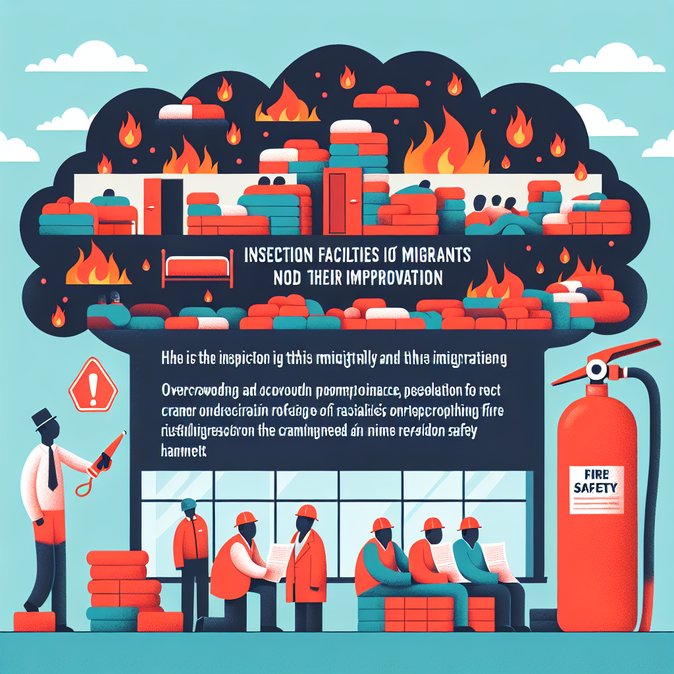
Ireland’s Health Information and Quality Authority (HIQA) published eight inspection reports on 5 November 2025 covering permanent International Protection Accommodation Service (IPAS) centres across Cork, Kerry, Clare, Galway, Waterford and Sligo. While one site – Milligan Court in Sligo – met all national standards, the other seven were found non-compliant on issues ranging from basic accommodation and safeguarding to governance and contingency planning.
Inspectors recorded cramped, cluttered bedrooms that breached Housing Act 1966 space requirements, with some children over ten forced to share mixed-gender rooms with parents or siblings. Two centres lacked adequate fire-safety measures, prompting HIQA to demand urgent remediation plans. Deficiencies were also noted in identifying and supporting residents with special medical or psychosocial needs, and in emergency preparedness – a critical weakness given Ireland’s continuing pressure on reception capacity.
![HIQA inspections expose fire-safety and overcrowding risks at seven Irish asylum centres]()
HIQA praised good practice in homework clubs, community-based health links and staff efforts to connect residents to local services, but warned that systemic shortcomings could undermine integration and residents’ wellbeing. Providers must now file time-bound compliance plans; HIQA can escalate matters to the Department of Justice if standards are not met.
For businesses that rely on international talent, the findings highlight reputational risks in Ireland’s reception system and may influence corporate relocation policies. Employers moving staff under the Trusted Partner or Intra-Company Transfer schemes should monitor whether accommodations offered to family dependants meet HIQA standards and factor possible relocation costs into assignment budgets.
Inspectors recorded cramped, cluttered bedrooms that breached Housing Act 1966 space requirements, with some children over ten forced to share mixed-gender rooms with parents or siblings. Two centres lacked adequate fire-safety measures, prompting HIQA to demand urgent remediation plans. Deficiencies were also noted in identifying and supporting residents with special medical or psychosocial needs, and in emergency preparedness – a critical weakness given Ireland’s continuing pressure on reception capacity.

HIQA praised good practice in homework clubs, community-based health links and staff efforts to connect residents to local services, but warned that systemic shortcomings could undermine integration and residents’ wellbeing. Providers must now file time-bound compliance plans; HIQA can escalate matters to the Department of Justice if standards are not met.
For businesses that rely on international talent, the findings highlight reputational risks in Ireland’s reception system and may influence corporate relocation policies. Employers moving staff under the Trusted Partner or Intra-Company Transfer schemes should monitor whether accommodations offered to family dependants meet HIQA standards and factor possible relocation costs into assignment budgets.


